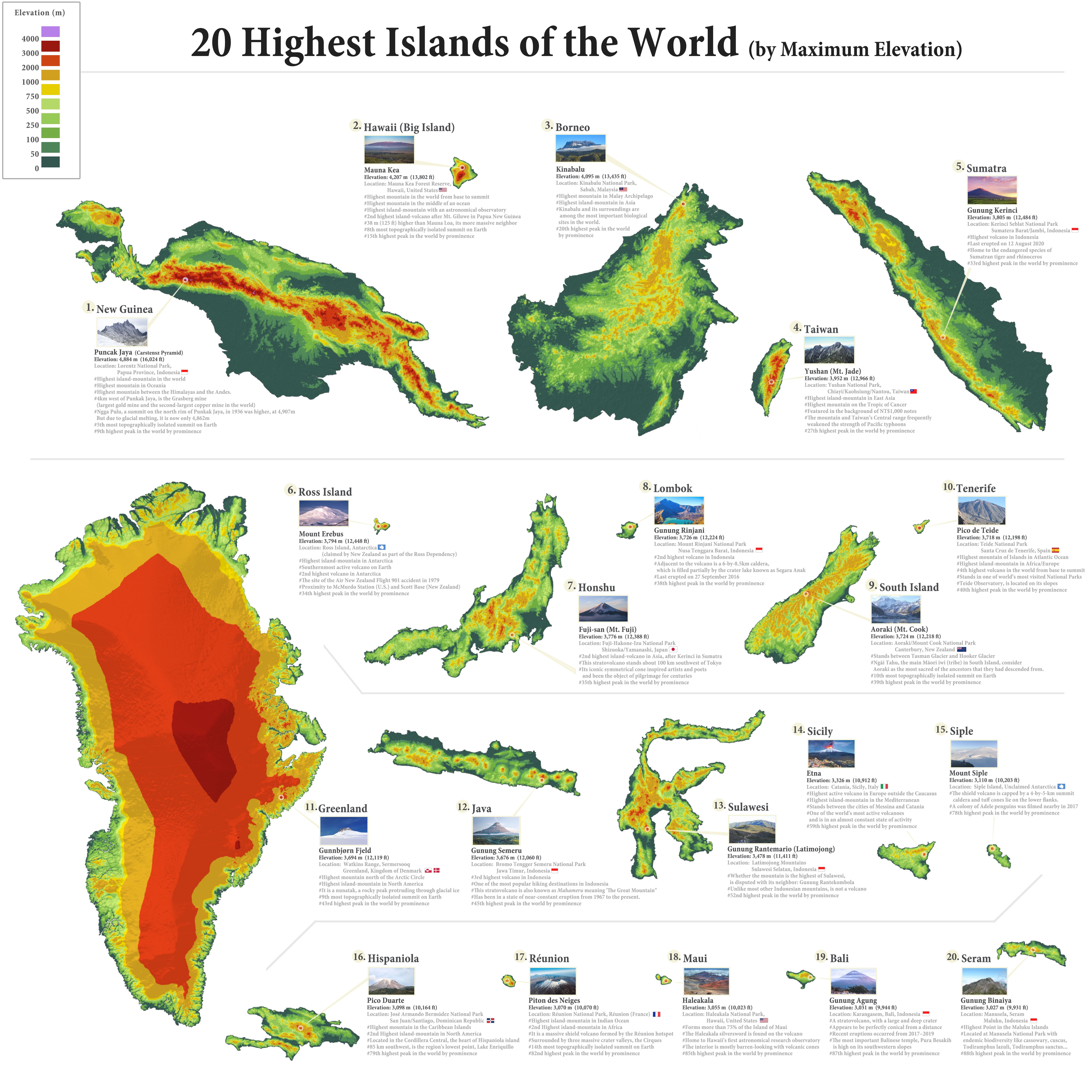Ricardolindo
Well-known member
- Location
- Portugal
Is there any way for Taiwan to avoid large scale Han Chinese settlement and remain Aboriginal majority? Would a surviving Dutch Taiwan lead to less Han Chinese settlement?
Is there any way for Taiwan to avoid large scale Han Chinese settlement and remain Aboriginal majority? Would a surviving Dutch Taiwan lead to less Han Chinese settlement?
What about a Spanish Taiwan in case the Spaniards had defeated the Dutch rather than the other way around? The Chinese population at the time was small and they were mostly in the Dutch part of the island. With the Dutch defeated, a lot of the Chinese would probably leave, too. On the other hand, it's very possible that the Spaniards would bring Filipinos to Taiwan.If Taiwan hadn't become a refuge for Ming dynasty remnants, it would probably have remained part of the Dutch empire, without a lot of Han colonization, though there would undoubtedly be some seepage.
Or, under centuries long Spanish rule a Spanish-aboriginal cultural blending may have been inevitable (with some Chinese blending too) and spread of Catholicism, and the island would be considered another region of the Philippines.What about a Spanish Taiwan in case the Spaniards had defeated the Dutch rather than the other way around? The Chinese population at the time was small and they were mostly in the Dutch part of the island. With the Dutch defeated, a lot of the Chinese would probably leave, too. On the other hand, it's very possible that the Spaniards would bring Filipinos to Taiwan.
Here's another possibility no-one ever discusses, though it's a bit more out there and heavily reliant upon speculation; what if one of the successors to the aboriginal Taiwanese Dapenkeng Culture manages to extend its rule and unify the island's many kingdoms and tribes under a centralized government, at around the same time as, or within a few centuries of, the same thing happening on the Japanese island of Honshu? Could an alternate 'Queendom of Formosa', conceivably become a dominant power in its own right during the Medieval Era, and thus remain Aboriginal majority to at least the same extent as Luzon? Especially with the wealth and influence conveyed to it via the Maritime Jade Road, which was in existence for at least 3,000 years, and remained active until c.1000 CE IOTL?Is there any way for Taiwan to avoid large scale Han Chinese settlement and remain Aboriginal majority? Would a surviving Dutch Taiwan lead to less Han Chinese settlement?

Wasn't Taiwan too mountainous for a centralized state to form? Yes, I know Japan is mountainous, too, but not as much as Taiwan.Here's another possibility no-one ever discusses, though it's a bit more out there and heavily reliant upon speculation; what if one of the successors to the aboriginal Taiwanese Dapenkeng Culture manages to extend its rule and unify the island's many kingdoms and tribes under a centralized government, at around the same time as, or within a few centuries of, the same thing happening on the Japanese island of Honshu? Could an alternate 'Queendom of Formosa', conceivably become a dominant power in its own right during the Medieval Era, and thus remain Aboriginal majority to at least the same extent as Luzon? Especially with the wealth and influence conveyed to it via the Maritime Jade Road, which was in existence for at least 3,000 years, and remained active until c.1000 CE IOTL?

I really don't get why people always say stuff like that, most commonly based exclusively upon popular stereotypes/tropes which have about as much basis in fact as "wasn't Britain too foggy to have any chances of forming any naval empire of note?" For reference:Wasn't Taiwan too mountainous for a centralized state to form? Yes, I know Japan is mountainous, too, but not as much as Taiwan.


